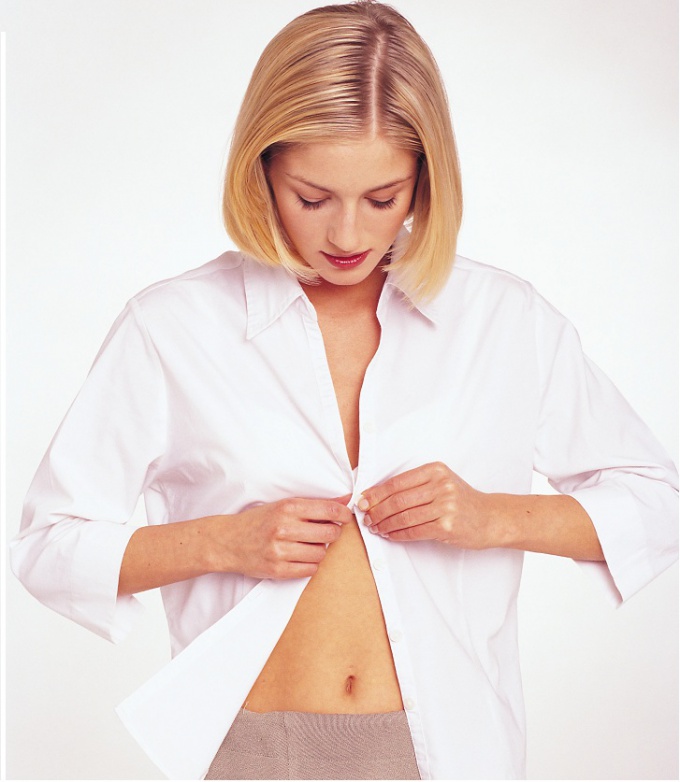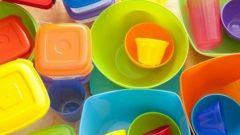Instruction
1
If you noticed a bad smell from the navel, carefully follow personal hygiene. Wash 1-2 times a day with a mild soap or take a shower. Deep navel blot with a tissue or toilet paper to not accumulate water.
2
Deep folded navel 1-2 times a week clean cotton swab with the disinfectant liquid. You can use Miramistin or chlorhexidine. Hydrogen peroxide and fukortsin well dried tissue and relieve the unpleasant odor.
3
Inspect the umbilicus for the presence of mud tubes. Especially often it occurs in obese people with a deep navel. Lint from clothing, flakes of skin, dirt and other particles can form a dense cushion of mud, which breed bacteria.
4
If you carefully observe the hygiene of the navel, but the odor is still present, note whether there is discharge from the navel. If the navel becomes wet, it can be a symptom of an umbilical fistula, omphalitis (inflammation of the umbilical ring), cysts of urachus (urinary duct) or other anomalies of urachus. To detect the anomaly and to prescribe treatment can a dermatologist or surgeon.
5
Remove the piercing, if you notice pain and discharge from belly button. Reaction to metal can cause tissue irritation. Attached infection can cause omphalitis – inflammation of the umbilical ring.
6
Women constantly weeping navel with an unpleasant odor and discharge may be due to the formation of the hearth of external endometriosis in the abdominal wall. Seem gynecologist or surgeon.
7
If you have pain in the anterior abdominal wall, the feeling of tension in the navel, the tingling, immediately contact your surgeon to exclude pathology. If an abnormality is found, your surgeon will prescribe you medicines and give advice. Consult a doctor in time to not run an inflammatory process. Be healthy!


